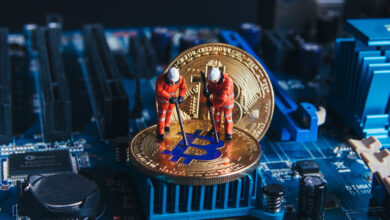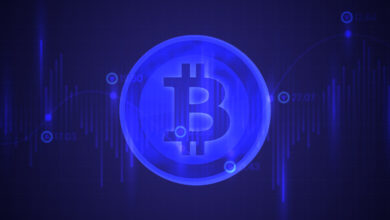Blockchain in Healthcare Decentralized Computing Changing the Industry

Blockchain is one of those buzz words you can hardly miss in the media these days. Yes, it was propelled to the public imagination with the rise of Bitcoin and other cryptocurrencies, but the technology can have many other uses cases beyond moving money from one side of the planet to the other.
In fact, it is now in minds of many tech giants and even governments which can clearly see blockchain’s power to transform how businesses operate by decentralizing business models, creating more efficient processes, and providing a more secure and reliable way to exchange data.
The healthcare industry is one of the sectors where blockchain can really prove its worth. For one thing, it can reduce the liability and accuracy concerns related to the exchange of medical data, while providing cryptographic security to protect patient identity “out of box.” Eventually, every patient will have its own “data wallet” to store and manage his/her medical records, and provide third parties with access to that data when needed.
Beyond health records, the technology could also be used to automate many administrative tasks in healthcare, thus removing human errors in areas such as payment processing and claim adjudication, which in turn could lead to improved accuracy and reduced costs.
Another use case for blockchain is in the supply chain management, where a decentralized network could help medical supplier and pharmaceutical companies better track how their products are moving from the production facilities around the world to a local pharmacy and to the patient.
The research brief will take a look at some of the use cases for blockchain in the healthcare space. As the possibilities of and interest in the technology grow, more companies will be jumping on the bandwagon, creating even better solutions some of which people may not be able to imagine today. And that probably is what the idea of progress is all about.




